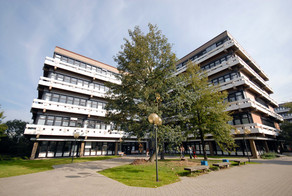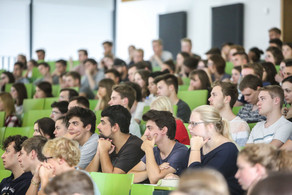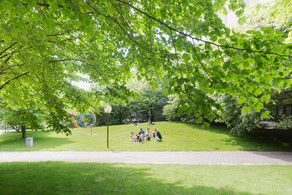Topic: Motivation development

Highly motivated students should be more successful in school than their less motivated peers, as high learning motivation is associated, for example, with curiosity, greater engagement and higher persistence in completing school tasks. A frequently replicated finding from studies on the development of school learning and achievement motivation is that it develops unfavorably over the school years. In particular, intrinsic motivation to learn (i.e., enjoyment of learning a school subject) declines on average over the elementary school years, and self-concepts of ability (How clever am I at the school subject?) become more negative on average - a development that continues in secondary school and usually does not occur until late adolescence or early adulthood. However, there are students who lose little or no motivation. Moreover, motivation does not decline equally in all school subjects. These differences in the development of motivation indicate that there are certain personal and situational factors that make a drop in motivation less likely. Our goal is to identify these factors in order to help make school learning more conducive to motivation. First, we focus on characteristics of students, such as their goal orientations and their perceived usefulness of learning content. Second, we investigate the effects of external influences (e.g., performance feedback, salience of performance comparisons, teachers' beliefs) on motivation. To this end, we analyze longitudinal data collected from students at different grade levels. We also conduct experimental studies to draw conclusions about cause-effect relationships. An important finding of our research is that performance feedback in the form of school grades does not per se have a negative impact on intrinsic motivation. Here, an open question is which personal and situational factors moderate the relationship between performance feedback (e.g., school grades) and intrinsic motivation. Another finding of our studies is that performance comparisons (especially comparisons of one's performance between different subjects) probably have smaller effects on children's self-concepts of ability in elementary school than in secondary school. An interesting question in this context is whether the differentially strong effects of performance comparisons arise (1) from differences in the school environment (primary vs. secondary school) or (2) from developmental differences between primary school children and secondary school students, or (3) whether both factors (environment and individual development) are relevant.
Contact persons: Dr. Anne Franziska Weidinger (no longer at TU Dortmund) and Prof. Dr. Ricarda Steinmayr





